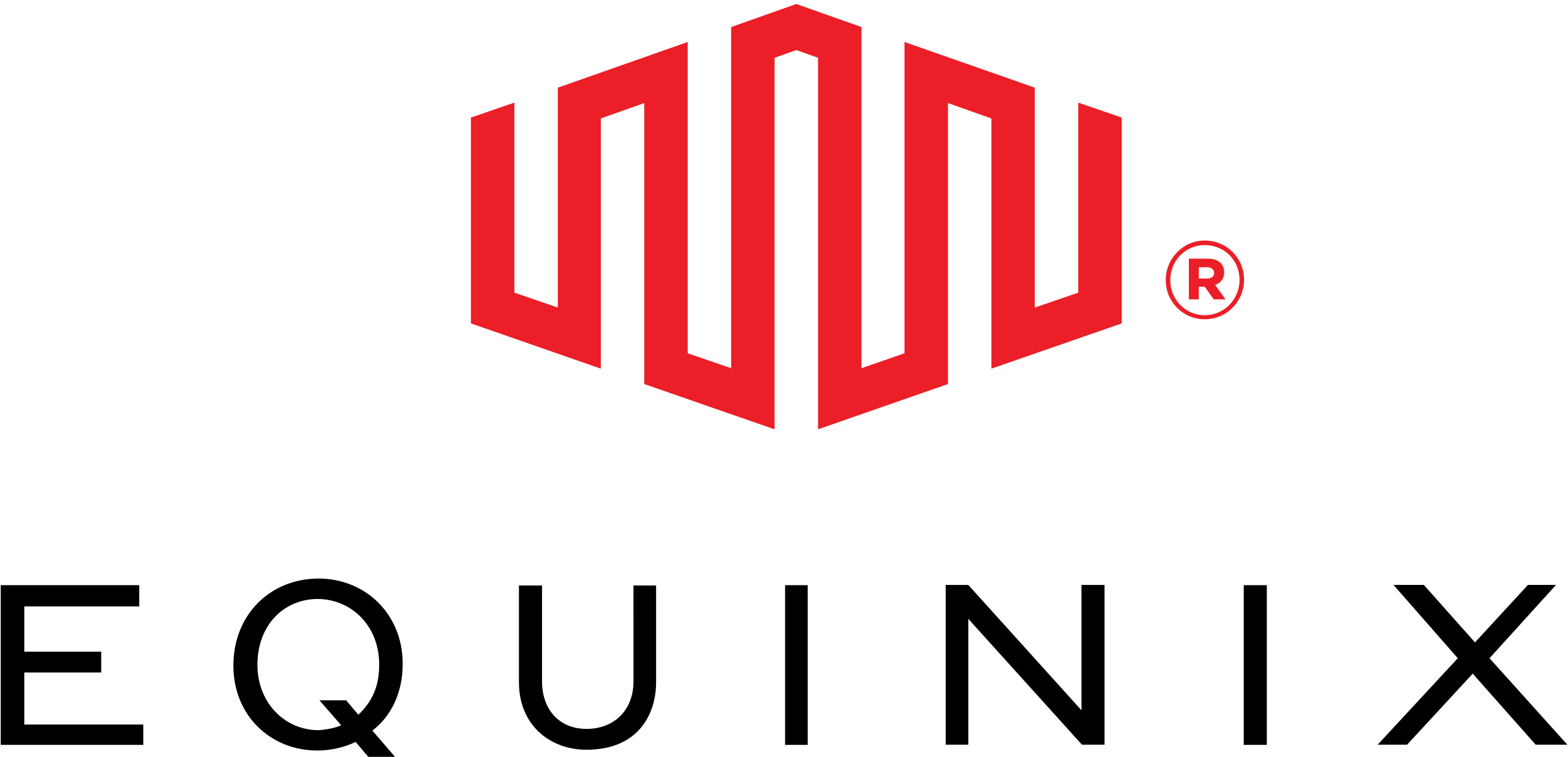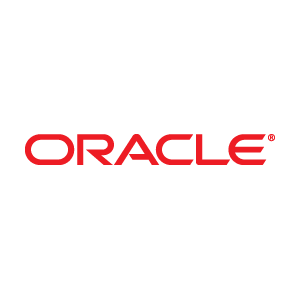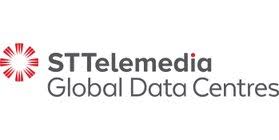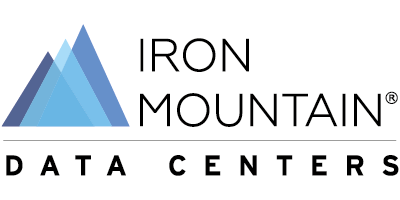Mumbai Data Centers Locations (58)







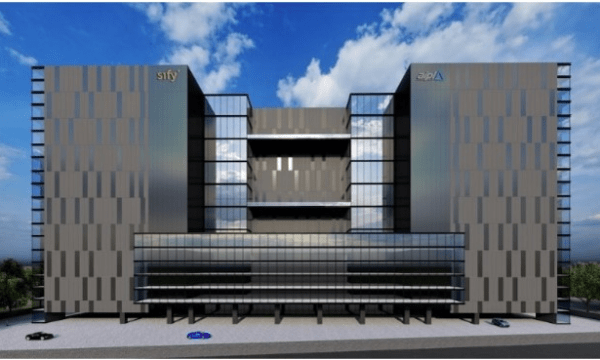

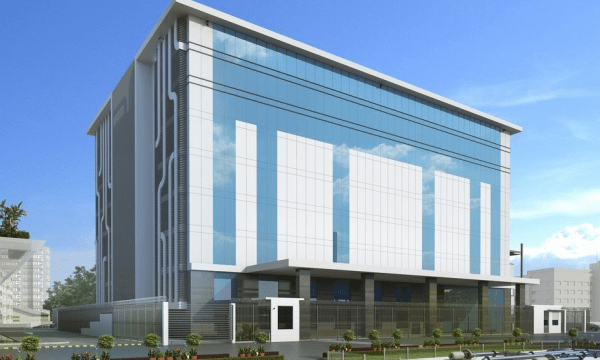

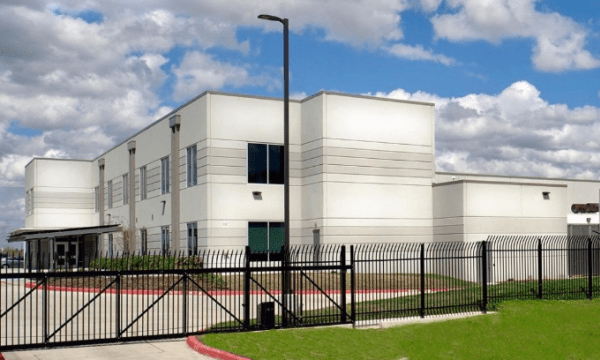



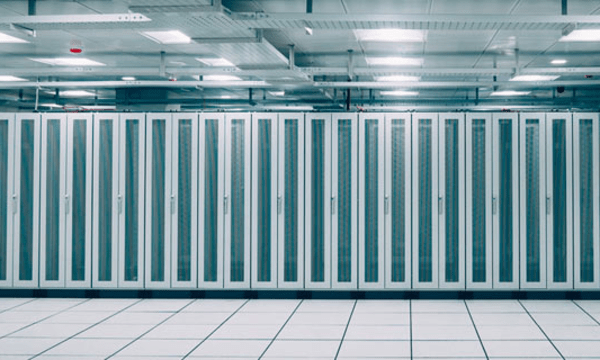

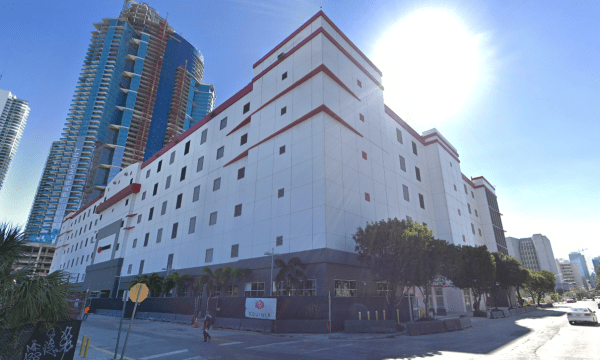

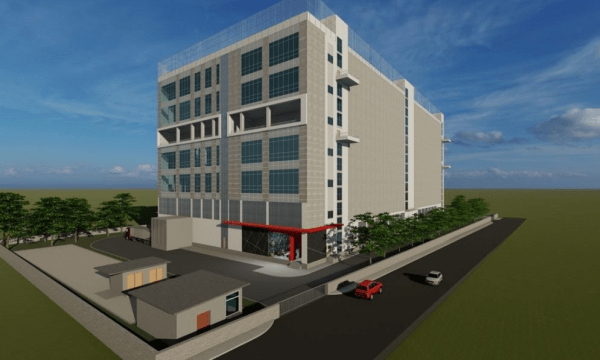





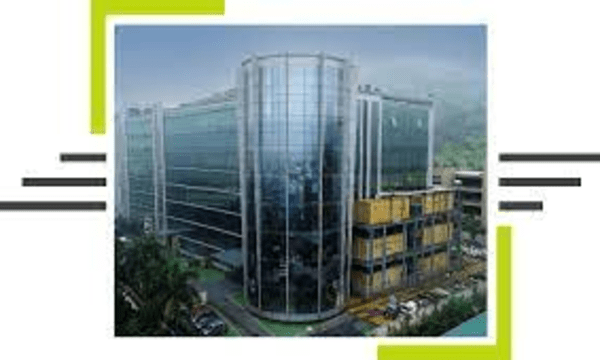

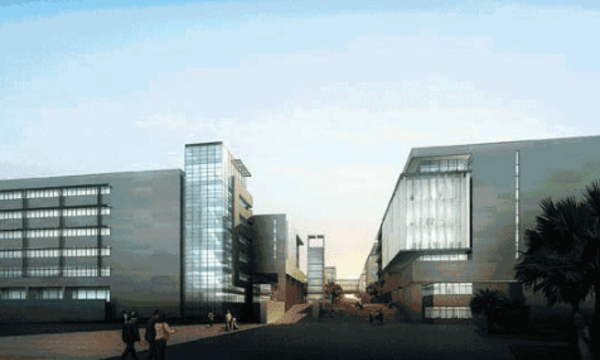

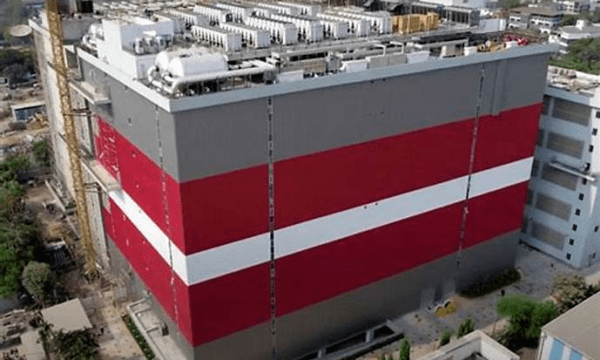

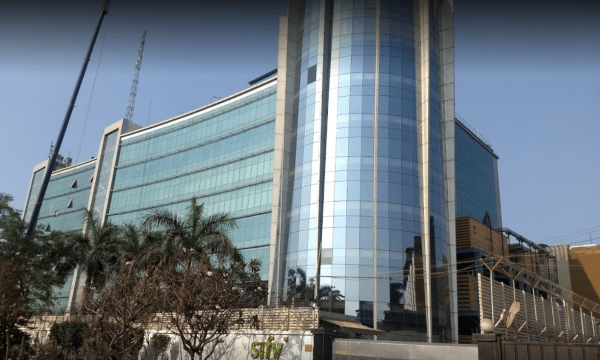

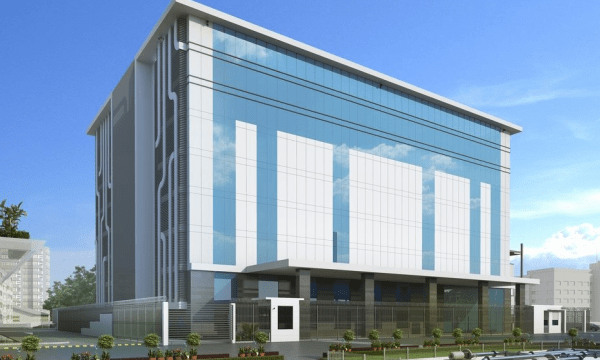

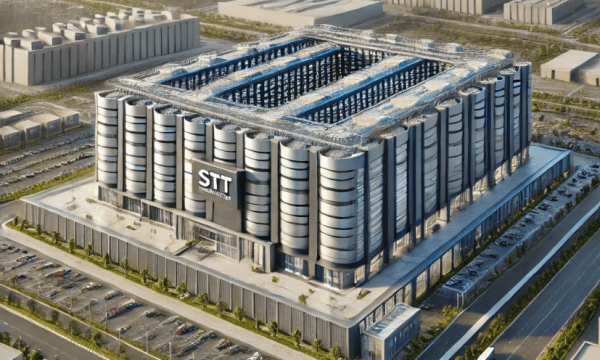



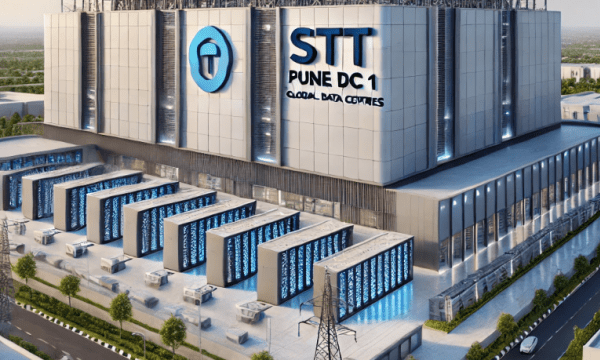

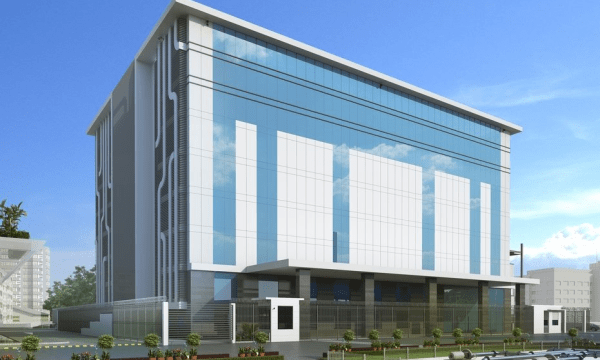









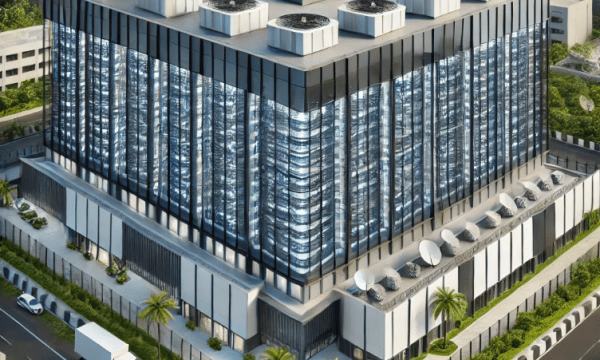

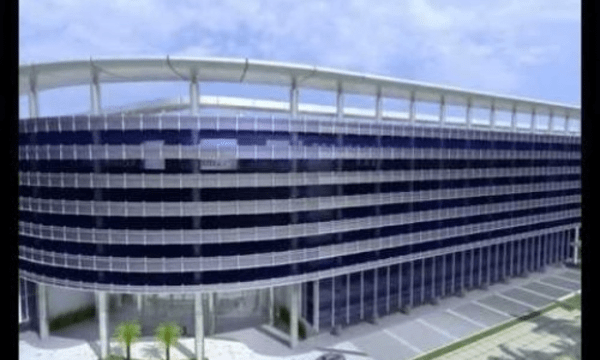

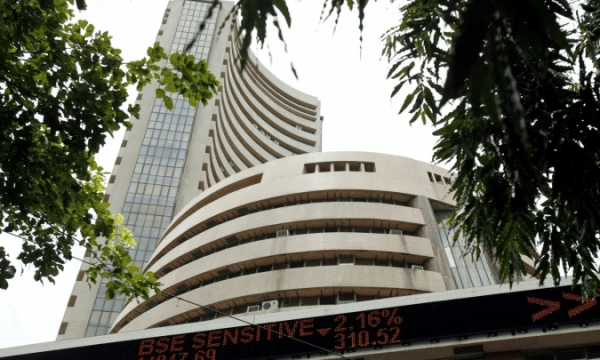

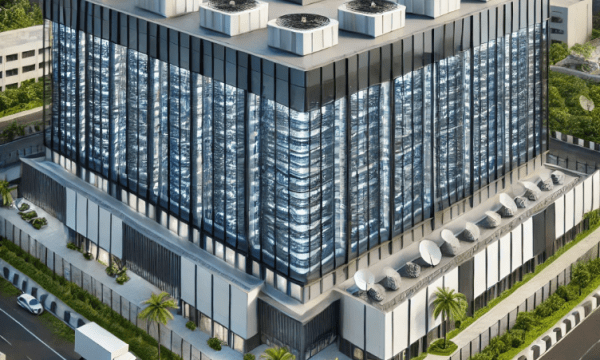



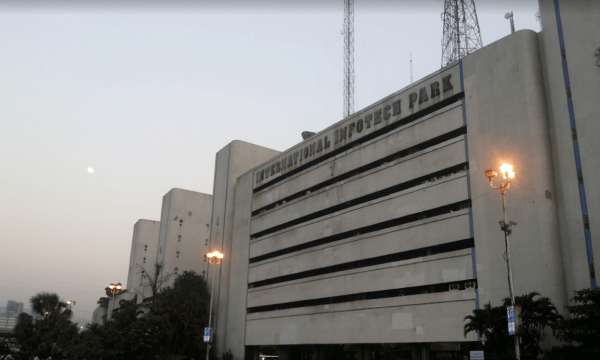



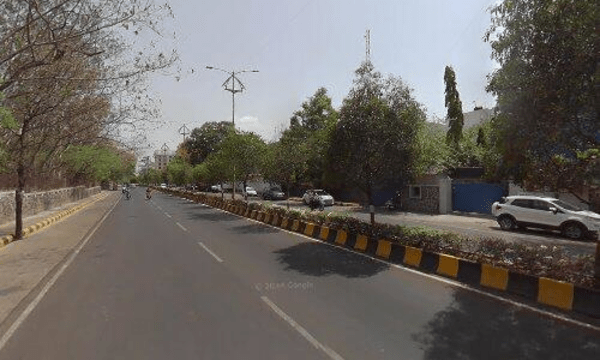



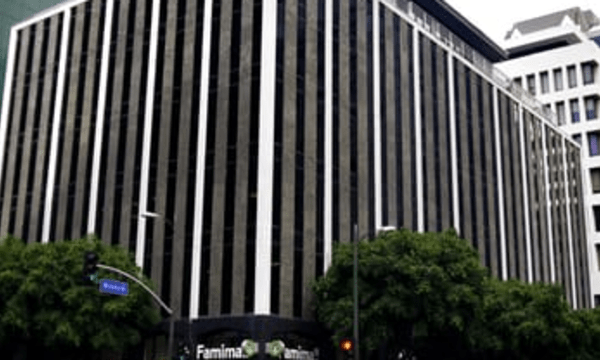





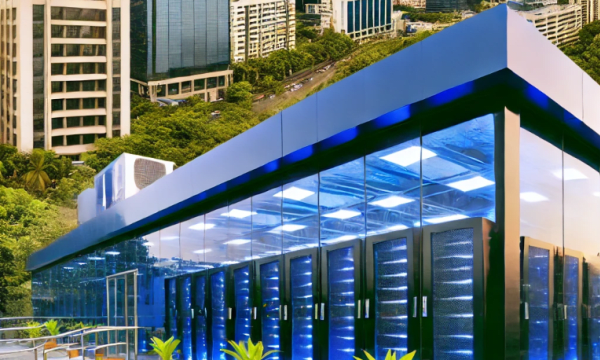




About Mumbai, India Data Centers Market
Browse Mumbai Data Centers
The data center market in Mumbai, India, has been experiencing rapid growth and significant transformation, making it a focal point for colocation and an essential player in the global data infrastructure landscape.
With its expanding market size, technological advancements, and strategic significance, Mumbai has emerged as a dynamic hub for data center operations, offering immense potential for investors, businesses, and the digital economy at large.
Market Trends and Growth Potential
The Mumbai data center market has witnessed remarkable growth in recent years, driven by several key trends and factors that have propelled its expansion. According to industry reports, the market was valued at 411.9 MW and is projected to witness a staggering compound annual growth rate (CAGR) of 13.44%, aiming to reach a substantial 1,491.38 MW during the forecast period. This growth trajectory underscores the market's robust potential and its pivotal role in meeting the escalating demand for data storage and processing capabilities.
One big change in the market is that more and more businesses are using cloud services and creating lots of data. This is happening in different areas like finance, healthcare, shopping online, and media. As companies use new technology like artificial intelligence, Internet of Things (IoT), and big data analytics to improve their operations, they need better ways to store their data safely and quickly. This has led to a growth in the demand for good data centers in Mumbai.
Mumbai is a great place to invest in data centers because it is strategically located and has a lot of important businesses. It also has good connections to other countries through cables under the ocean, good rules for businesses, and strong ways for people to communicate. This makes it very attractive for both local and international companies to build or grow their data centers here.
Essential Market for Colocation
Mumbai is a very important place for data centers because it offers many benefits and opportunities for businesses to find good places to keep their information. There are many different companies that offer these services, which means they compete with each other by offering different types of help and support. They can also help businesses in different industries with their specific needs.
The rise of edge computing and the growing emphasis on low-latency, high-performance infrastructure have further accentuated Mumbai's relevance as an essential colocation market. More and more businesses are using colocation services in Mumbai because of fast 5G networks, Internet of Things (IoT) applications, and the need for real-time data processing. These services help businesses be closer to their customers, have better application performance, and stay connected easily. This is causing a higher demand for colocation facilities and services in the area.
To sum up, the Mumbai data center market is at the forefront of technology, economic growth, and infrastructure development. It has a good balance of market changes, industry improvements, and beneficial features that make it an important place for businesses to use colocation services and start their digital transformation.
As the city continues to evolve as a thriving data center hub, it is poised to play a pivotal role in shaping the future of India's digital economy and contributing to the global data infrastructure landscape.
GLOBAL
Top 10
Colocation Providers
